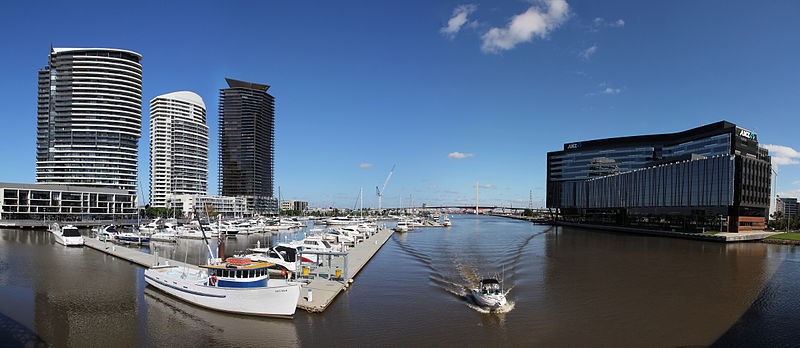Australia & New Zealand Banking Group allegedly made a AU$2.5 billion (US$1.9 billion) share sale that did not comply with transparency requirements, according to the Australian Competition and Consumer Commission.
The charges can lead to 10-year prison sentences and heavy fines.
In August 2015, ANZ placed 80.8 million shares worth AU$30.95 (US$22.60) each and they allegedly did not disclose that 25.5 million of these shares went to two of the three joint lead managers.
“The charges will involve alleged cartel arrangements relating to trading in ANZ shares following an ANZ institutional share placement in August 2015,” ACCC Chairman Rod Sims said in a statement.
“It will be alleged that ANZ and the individuals were knowingly concerned in some or all of the conduct,” he added.
The three banks denied any wrongdoing and will defend the charges.
“We believe ANZ acted in accordance with the law in relation to the placement and on that basis the bank intends to defend both the company and our employee,” ANZ Chief Risk Officer Kevin Corbally said.
Citigroup said that the criminal charges stem from the fact that the underwriters all agreed to this shares arrangement.
Australian courts have never considered criminal charges for share underwriters and they have never been addressed in regulation guidelines, according to the bank.
“Underwriting syndicates exist to provide the capacity to assume risk and to underwrite large capital raisings, and have operated successfully in Australia in this manner for decades,” the Citigroup said.
“If the ACCC believes there are matters to address, these should be clarified by law or regulation or consultation,” the bank added.
While Australia has some of the strictest anti-cartel laws in the world, experts were still surprised that the prosecutors decided to pursue criminal charges, which are harder to prosecute than civil charges.
ANZ’s shares went down two percent on Friday afternoon and Australia’s market was down 0.2 percent in response to the unprecedented move in the country’s corporate history.
Australian banks had to meet new capital requirements in 2015, which prompted ANZ and Australia’s biggest lender Commonwealth Bank of Australia to raise AU$8 billion in a single week.
It was during this immense issuing of shares that the lead managers of ANZ allegedly did not disclose that they kept 25.5 million of shares.
According to the Australian Shareholders’ Association, the charges should lead to reforms to make capital raising procedures more transparent and to prevent banks from profiting from share sales while retail investors see their holdings thin down.



